EU concerned over freedom of speech in Balkans
European Enlargement Commissioner Stefan Fule has stated that the EU is concerned over freedom of expression in the Balkans.
Friday, 06.05.2011.
14:11

European Enlargement Commissioner Stefan Fule has stated that the EU is concerned over freedom of expression in the Balkans. He said Friday that the freedom of speech was one of the foundations that the EU had been built on and that it needed to be protected at any cost. EU concerned over freedom of speech in Balkans According to Fule, the countries of the Western Balkans and Turkey are facing three problems when it came to protection of the freedom of speech – political pressures, economic pressures and intimidation. “All those three forms of violation of the freedom of speech represent an attack not only on the heart of the democratic system but also on our common values,” he pointed out. “The EU is setting clear standards regarding the freedom of speech and it is very concerned over the current situation. Media are facing serious challenges and overcoming those challenges represents an obligation stemming from the Declaration of Human Rights and it is a key element of the Copenhagen criteria,” he said at a conference dubbed "SPEAK UP! Freedom of Expression and Media in the Western Balkans and Turkey". The EU enlargement commissioner stressed that it was necessary to set up a strong legal framework that would remove political interference and assessed that media laws were generally good but that there were other laws, such as those on defamation, which could affect the freedom of media. “It is necessary to establish a balance. The legal framework is necessary but it is insufficient, it is necessary to adequately implement it,” he stressed. Fule explained that economic pressure was an increasing reason for concern and that it the issue of ownership of the media was important and that it was necessary to clean the media from organized crime and corruption. According to him, when political and economic pressures do not work, one often resorts to violence and intimidation. The EU enlargement commissioner called on everybody to put an end to this, find and punish the perpetrators and provide adequate protection to journalists. “A threat to the freedom of expression is a threat to the basis our system was built on. The law should sustain such freedom, not smother it,” he said. European Parliament President Jerzy Buzek stated that legal bases were not enough and that it was not so much important what the framework was like, but how it was implemented and what real obstacles were on the path toward full freedom of media. European Digital Agenda Commissioner Neelie Kroes said that the EU had an obligation to provide freedom of the press everywhere because the freedom was exactly what brought Europe together. “We must act on a daily basis in order to preserve that. Such freedom is not god-given,” she said, adding that “preservation of freedom must be a goal to all of us, not only to the Parliament and the Commission.” Aside from Fule, Buzek and Kroes, who opened the conference, a large number of media professionals will take part in it - Reuters Institute for the Study of Journalism’s John Lloyd,B92 Editor-in-Chief Veran Matic, Reporters Without Borders Secretary General Jean-Francois Julliard, German Institute for International and Security Affairs’ Dusan Reljic and many others.
EU concerned over freedom of speech in Balkans
According to Fule, the countries of the Western Balkans and Turkey are facing three problems when it came to protection of the freedom of speech – political pressures, economic pressures and intimidation.“All those three forms of violation of the freedom of speech represent an attack not only on the heart of the democratic system but also on our common values,” he pointed out.
“The EU is setting clear standards regarding the freedom of speech and it is very concerned over the current situation. Media are facing serious challenges and overcoming those challenges represents an obligation stemming from the Declaration of Human Rights and it is a key element of the Copenhagen criteria,” he said at a conference dubbed "SPEAK UP! Freedom of Expression and Media in the Western Balkans and Turkey".
The EU enlargement commissioner stressed that it was necessary to set up a strong legal framework that would remove political interference and assessed that media laws were generally good but that there were other laws, such as those on defamation, which could affect the freedom of media.
“It is necessary to establish a balance. The legal framework is necessary but it is insufficient, it is necessary to adequately implement it,” he stressed.
Fule explained that economic pressure was an increasing reason for concern and that it the issue of ownership of the media was important and that it was necessary to clean the media from organized crime and corruption.
According to him, when political and economic pressures do not work, one often resorts to violence and intimidation.
The EU enlargement commissioner called on everybody to put an end to this, find and punish the perpetrators and provide adequate protection to journalists.
“A threat to the freedom of expression is a threat to the basis our system was built on. The law should sustain such freedom, not smother it,” he said.
European Parliament President Jerzy Buzek stated that legal bases were not enough and that it was not so much important what the framework was like, but how it was implemented and what real obstacles were on the path toward full freedom of media.
European Digital Agenda Commissioner Neelie Kroes said that the EU had an obligation to provide freedom of the press everywhere because the freedom was exactly what brought Europe together.
“We must act on a daily basis in order to preserve that. Such freedom is not god-given,” she said, adding that “preservation of freedom must be a goal to all of us, not only to the Parliament and the Commission.”
Aside from Fule, Buzek and Kroes, who opened the conference, a large number of media professionals will take part in it - Reuters Institute for the Study of Journalism’s John Lloyd,B92 Editor-in-Chief Veran Matić, Reporters Without Borders Secretary General Jean-Francois Julliard, German Institute for International and Security Affairs’ Dušan Reljić and many others.










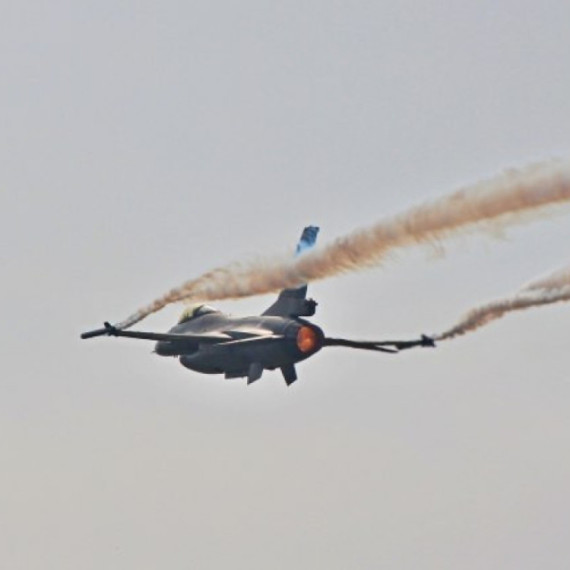
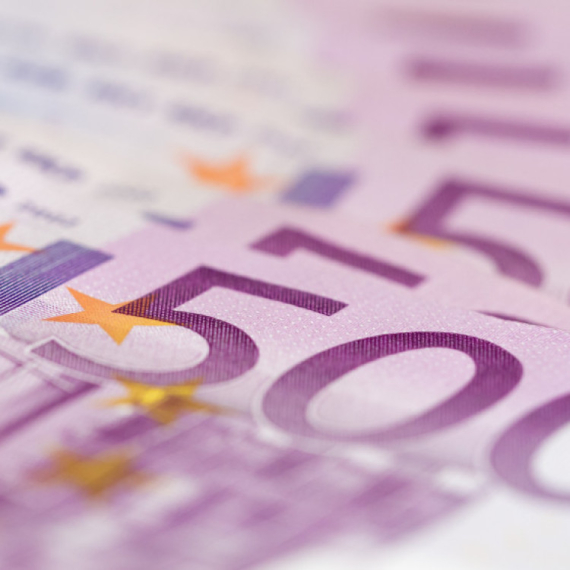

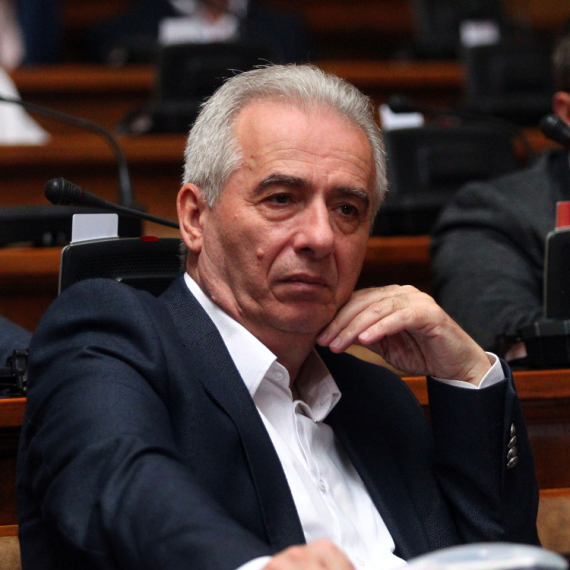
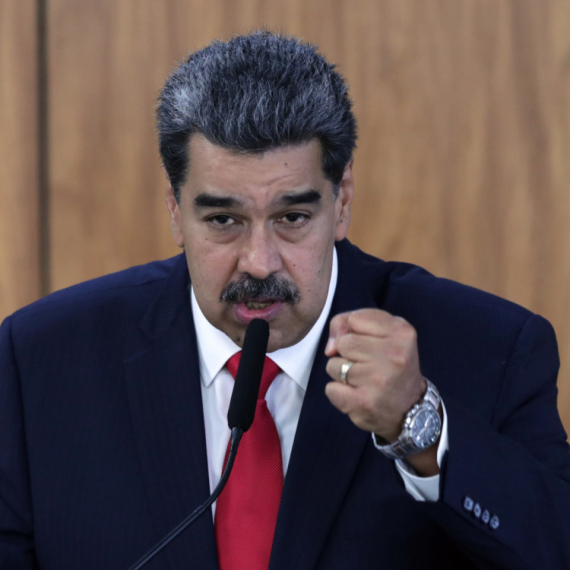

Komentari 6
Pogledaj komentare